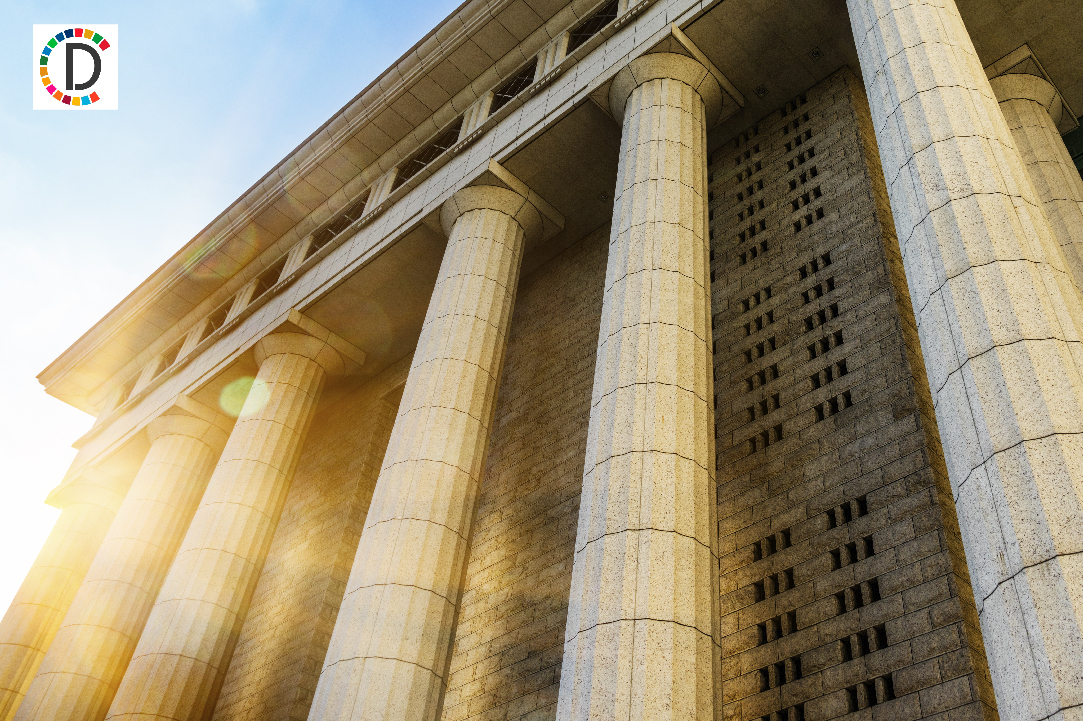Legacy of a Leader: Muhammadu Buhari's Impact on Nigeria
Muhammadu Buhari, Nigeria's former president, passed away in London after a prolonged illness. Known for his anti-corruption stance, Buhari was a military ruler before becoming a 'converted democrat'. Despite criticisms, he remained popular in northern Nigeria and left a significant impact on the nation's politics and infrastructure.

Nigeria mourns the loss of former President Muhammadu Buhari, who died in London following a prolonged illness, as confirmed by a presidential spokesperson. His demise marks the end of an era for the leader who governed Africa's most populous nation from 2015 to 2023, becoming the first Nigerian president to unseat an incumbent democratically.
Buhari's journey was one of transformation; from a military ruler in the 1980s to a 'converted democrat', he vowed to reduce corruption. His victories were propelled by hopes for reform and development, yet his terms were marred by unaddressed violence and economic challenges.
While popular in the Muslim north, Buhari faced criticism for slow governance, economic missteps, and persistent corruption. His legacy remains contentious as Nigeria grapples with complex socio-political dynamics and his ambitious infrastructure projects paving a path for future economic growth.
(With inputs from agencies.)
ALSO READ
Controversy Erupts Over Mosque Politics In Delhi
Parliament Debates 'Operation Sindoor': A Call for Unity Above Politics
Diamond Power Infrastructure Lands Rs 1,349 Crore Order from Adani Energy
Tragedy Strikes Again: School Infrastructure Crisis in Rajasthan
U.S. Resumes Infrastructure Funding for Key Projects in Nepal










